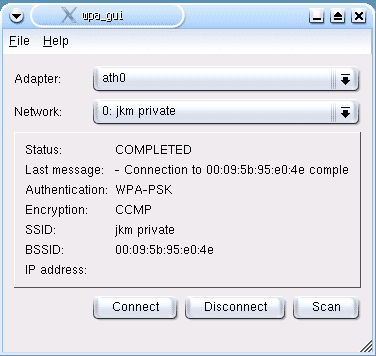
Security researchers have uncovered a critical vulnerability in wpa_supplicant, a ubiquitous software component responsible for managing Wi-Fi connections on countless devices. The flaw, dubbed CVE-2024-5290 and assigned a CVSS score of 8.8 (High severity), could allow attackers to escalate their privileges to the highest level (root), effectively taking complete control of affected systems.
The vulnerability in wpa_supplicant arises from its improper handling of arbitrary shared object loading. Specifically, the issue allows unprivileged users who are members of the netdev group or have access to the D-Bus interface of wpa_supplicant to specify an arbitrary path to a module to be loaded by the wpa_supplicant process. This can lead to the execution of malicious code with root privileges, enabling an attacker to take complete control of the affected system.
Rory McNamara, a security researcher, discovered that wpa_supplicant could be manipulated to load arbitrary shared objects via a specially crafted configuration file. This exploitation path enables local attackers to elevate their privileges from an unprivileged user to the root user, effectively compromising the entire system’s security.
The CVE-2024-5290 vulnerability is particularly concerning due to the widespread use of wpa_supplicant. It’s a core component in Linux, FreeBSD, Windows, and many other operating systems, meaning countless devices – from laptops and smartphones to routers and embedded systems – are potentially at risk. An attacker could exploit this flaw to steal sensitive data, install ransomware, or turn devices into botnets for nefarious purposes.
The good news is that patches are available for most affected systems. Users are strongly advised to update their operating systems and wpa_supplicant software to the latest versions immediately.
For Ubuntu users, the following package versions contain the necessary fixes:
- Ubuntu 24.04: Update to wpasupplicant – 2:2.10-21ubuntu0.1
- Ubuntu 22.04: Update to wpasupplicant – 2:2.10-6ubuntu2.1
- Ubuntu 20.04: Update to wpasupplicant – 2:2.9-1ubuntu4.4
- Ubuntu 18.04: Update to wpasupplicant – 2:2.6-15ubuntu2.8+esm1
- Ubuntu 16.04: Update to wpasupplicant – 2.4-0ubuntu6.8+esm1
- Ubuntu 14.04: Update to wpasupplicant – 2:1-0ubuntu1.7+esm5
In general, performing a standard system update will apply the necessary changes and safeguard your system against this vulnerability.